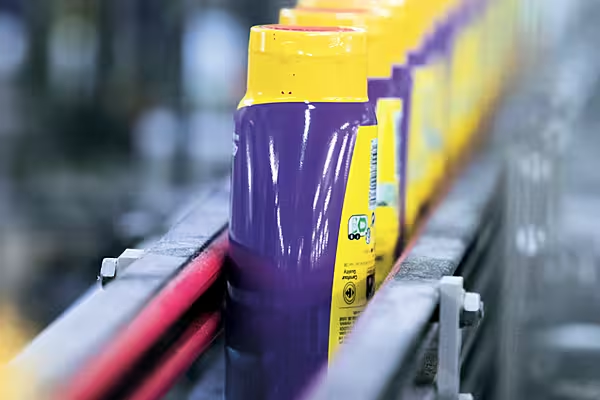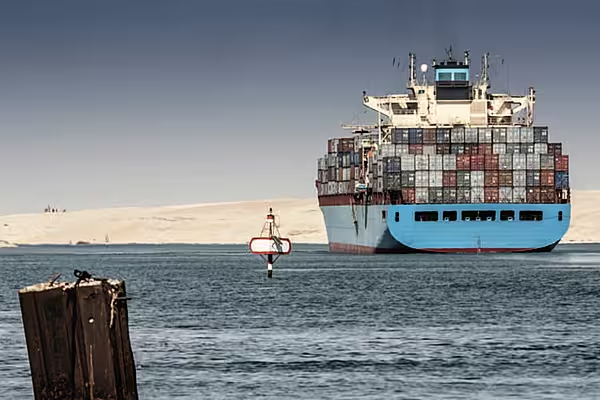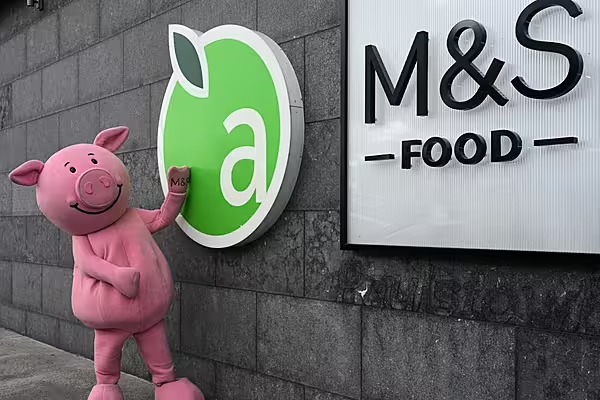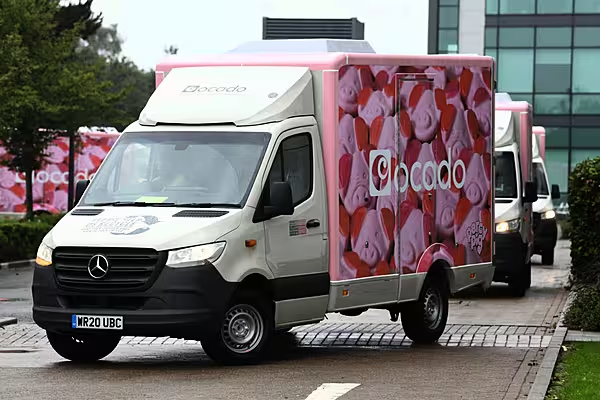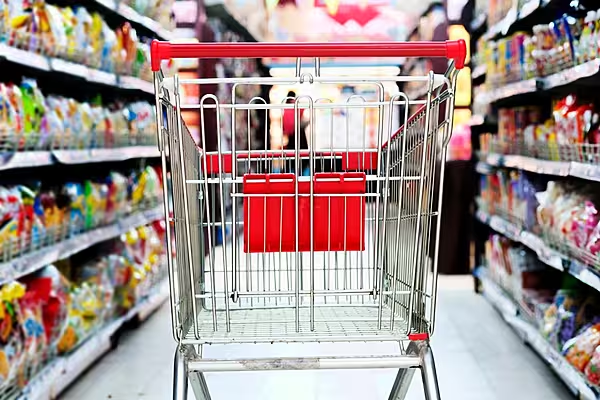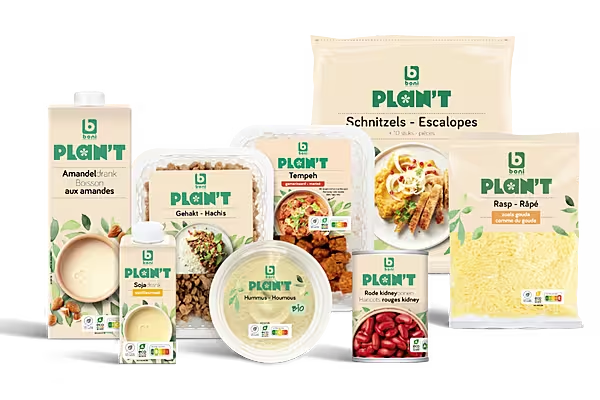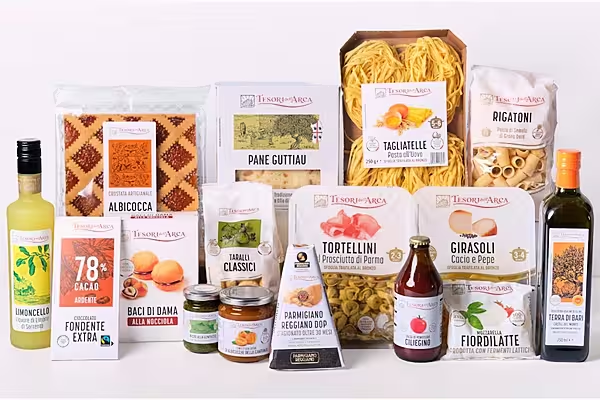British cleaning products maker McBride said its core activities remained strong despite exceptional input cost inflation in the first half of its financial year.
The contract manufacturer added that cost savings under its 'Programme Compass' are on track, and it hopes to save £10 million (€11.98 million) in its current financial year.
The company also made progress towards its 2025 product sustainability targets.
In October of last year, McBride announced plans to raise prices for the second time in two months due to global supply chain pressures and a shortage of lorry drivers in the UK.
'Extreme Inflationary Cost Environment'
Chris Smith, chief executive officer of McBride, commented, “The group is experiencing the most extreme inflationary cost environment probably ever to hit this sector.
“As we progress through the first part of 2022 it is encouraging that we expect the final quarter of our financial year to see our pricing actions getting closer to maturity and the business returning to close to break-even at an EBITA level and cash-flow neutral.”
First-Half Highlights
Group revenue amounted to £323.4 million in the first half, 10.9% lower than the £362.9 million (€434.8 million) reported in the corresponding period the previous year.
At constant currency, revenue dropped 6.6% year-on-year, with all divisions posting declines.
The company reported adjusted operating loss from continuing operations of £14.8 million (€17.7 million), from a profit of £19.0 million (€22.8 million) in the same period in 2020.
Read More: McBride Warns Of Bigger Loss Amid Rising Costs
Smith commented, “The outlook is of course heavily dependent on our actions to deliver the outstanding essential price increases currently in discussion with our customers, as well as other external factors such as the development of input costs and other inflationary pressures, and continuing supply chain disruptions.”
© 2022 European Supermarket Magazine – your source for the latest Private-Label news. Article by Dayeeta Das. Click subscribe to sign up to ESM: European Supermarket Magazine.
